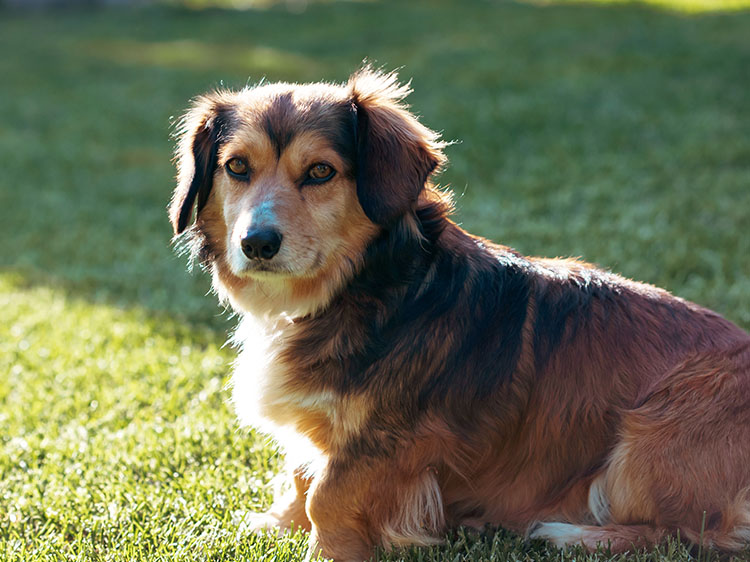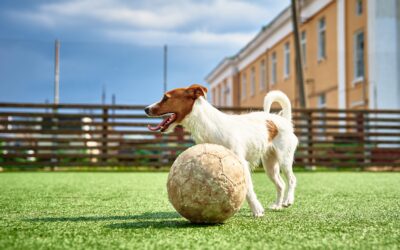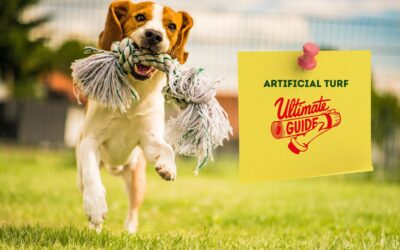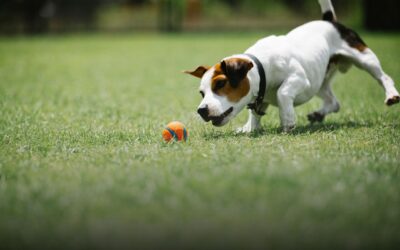For Dallas pet owners, the comfort and welfare of their beloved animals is an enduring concern. A significant preventative we may often overlook is minimizing pet allergies. Now, thanks to the wonders of synthetic grass, this has become an achievable reality. In this article, we explore how artificial grass reduces the risk of pet allergies. Welcome to a healthier world for your pet.
Understanding Pet Allergies
Firstly, it’s crucial to recognize the reasons behind pet allergies. In most cases, allergies develop due to prolonged exposure to irritants like pollen, dust, mites, or even natural grass. In Dallas, the allergy season stretches from February to November due to Oak, Ragweed, or Juniper trees, which can be seriously detrimental to your pet’s health.
These allergens can instigate problems like itchy skin, ear infections, and respiratory issues. Synthetic grass can address many of these concerns, creating a safer environment for your pets.
How Artificial Grass Helps
Artificial grass presents a much cleaner alternative to natural grass for your pets. It is typically made from materials that are impervious to allergens. Moreover, synthetic grass doesn’t foster growth for pollen-producing plants, significantly reducing the threat of allergies.
A Clean Play Area
Unlike natural grass, synthetic pet grass doesn’t retain water, which means there are no muddy patches where bacteria, mold, or fungi could breed and trigger allergic reactions. Additionally, synthetic turf is designed with a drainage system that keeps it dry, further enhancing its sterility.
Less Chemical Exposure
Another significant advantage of synthetic grass comes from the decrease in necessary lawn maintenance products. Natural lawns require fertilizers, pesticides, or herbicides for optimum health, and these chemicals can be harmful to your pets, leading to skin irritations, digestive problems, and more. In contrast, artificial grass requires minimal maintenance, significantly reducing the use of such substances and thereby cutting down potential allergens.
Dallas-Specific Benefits
In a bustling city like Dallas, where air quality and pollution can be issues, artificial grass ensures your pets have a safe and non-toxic space to play in. The synthetic fibers don’t trap dust and other pollutants, which can lead to respiratory problems in pets—if inhaled.
A Tailored Solution
In addition to the general advantages, synthetic turf can be customized to suit your pet’s specific needs ensuring an even safer environment. For instance, you can opt for additional antimicrobial treatment to inhibit bacterial growth, or select a softer fiber for pets with sensitive skin.
In conclusion, synthetic grass is an effective and practical solution to mitigate the risk of pet allergies whether you’re located in Dallas or elsewhere. It’s an investment not just in a beautiful lawn, but in the health and happiness of your furry friends.
Feeling curious or need more information? Feel free to get in touch with any questions, and remember, we can also recommend trusted local installers if needed. Simply send us a message for recommendations.








